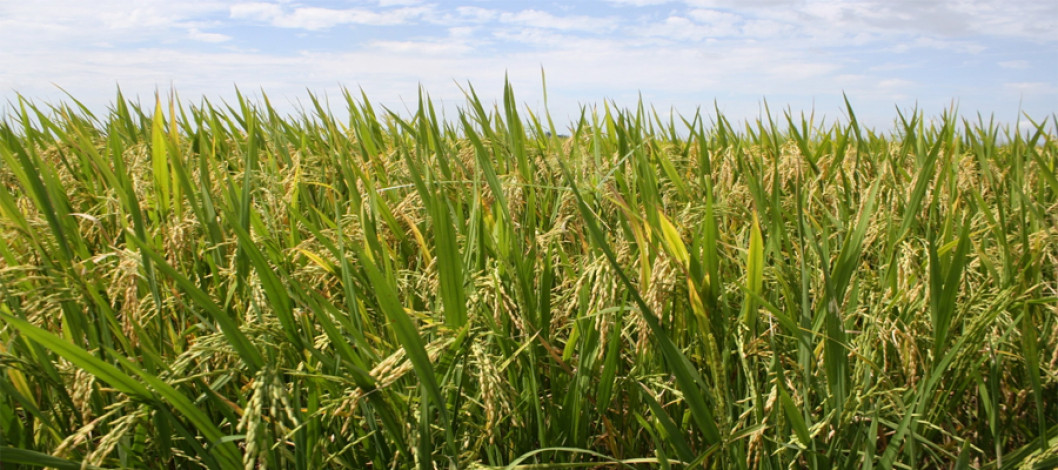
File Photo
The Ministry of Agriculture, Forestry and Fisheries (MAFF) of Japan, and the International Rice Research Institute (IRRI) have launched the rice carbon neutrality project that will cover Southeast Asia.
The project titled “Development of Rice Cropping Systems Toward Carbon Neutrality and Food Security in Asean Countries” is a key component of the Asean-CGIAR (Consultative Group on International Agricultural Research) Innovate for Food Regional Program. ASEAN is the Association of Southeast Asian Nations.
It is a five-year initiative to attain climate neutrality and circular agriculture by significantly reducing greenhouse gas (GHG) emissions in rice production.
“Rice provides more than 20 percent of global caloric intake [and] while the crop has been crucial for food security, it is also a significant contributor to greenhouse gas emissions, with methane from rice fields accounting for about 11 percent of agricultural emissions globally,” IRRI said in a statement.
Thus, the institute said the new and groundbreaking initiative “aims to set the stage for sustainable agricultural practices to achieve carbon neutrality and ensure food security across ASEAN countries.”
Emphasizing the significance of the collaboration, Joanna Kane-Potaka, IRRI deputy director general for strategy, engagement and impact, said the project is a transformative milestone for agriculture in Southeast Asia.
“It signifies a concerted effort to integrate sustainability into rice farming, a critical step toward reducing the agricultural sector’s environmental impact. We are excited to further strengthen our partnership with MAFF and pioneer solutions that benefit the agriculture sector,” Kane-Potaka said.
Teruya Sakaida, MAFF deputy director general, said Japan is proud to be the first Asian country to contribute to the program, which aims to “enhance the resilience of ASEAN agri-food systems against climate change while achieving food security.”
“I believe in IRRI’s research, development and communication capabilities in delivering and scaling low-carbon rice cropping systems successfully,” Sakaida said.
According to IRRI, the project will initially focus on the Philippines and Vietnam, with potential expansion to other Southeast Asian countries based on demand and partnership development.
The institute added that the initiative’s overall objective is centered on developing low-carbon rice cropping systems that will result in producing scaling strategies for reducing GHG emissions. To achieve those, hot spots for innovation will be identified through life cycle assessment and validating rice innovations.
Other objectives include developing low-carbon practices, management and systems with stakeholders, and developing and proposing strategies for scaling the innovations across Southeast Asia.
“This includes characterizing rice-growing environments to identify key intervention areas for reducing GHG emissions, establishing partnerships with public and private sector stakeholders, and testing the performance of these practices through on-station and on-farm experiments,” the institute said.
The scaling strategies will be developed with the private sector to ensure widespread adoption.
The project will also screen new component technologies for reducing GHG emissions and improving rice productivity.
Jongsoo Shin, IRRI regional director for Asia and the Asean-CGIAR Innovate for Food Program lead, said the project represents a pivot in their efforts to combat climate change while ensuring food security in Southeast Asia.
“By integrating innovative low-carbon practices into rice farming, we aim to reduce greenhouse gas emissions significantly and enhance agricultural sustainability,” he said.
Jongsoo said their partnership with MAFF and ASEAN member states will “drive impactful solutions that benefit both farmers and the environment, paving the way for a more resilient and sustainable future for rice production.”
IRRI is a member of CGIAR, the world’s largest agricultural research partnership dedicated to a food-secure future.
Source: Online/GFMM
Comment Now